Security News

Microsoft has begun testing promotions for some of its other products in the File Explorer app on devices running its latest Windows 11 Insider build. The new Windows 11 "Feature" was discovered by a Windows user and Insider MVP who shared a screenshot of an advertisement notification displayed above the listing of folders and files to the File Explorer, the Windows default file manager.

Microsoft has removed the last Windows 11 safeguard hold after Oracle addressed a known VirtualBox issue causing errors and virtual machine start failures when Hyper-V or the Windows Hypervisor were installed. Safeguard holds prevent users from upgrading to Windows 11 to protect their systems against potential upgrade issues, in this case, software instability caused by compatibility issues between Windows and VirtualBox.
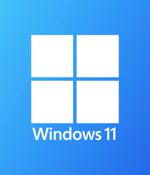
Microsoft is testing a hidden feature that enables a new tabbed interface for Windows 11's File Explorer, which has been highly requested for years. One of the most requested Windows features on the Microsoft Feedback Hub has been the addition of a tabbed interface to File Explorer.
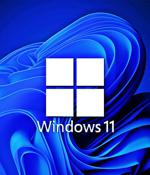
Microsoft has released a fresh Windows 11 build that adds Clipchamp as a new Window 11 video editing and creation application. Clipchamp is available for all Windows Insiders that will install the Windows 11 Insider Preview Build 22572, now available in the Dev Channel.
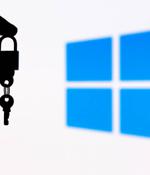
Dell won't include Microsoft's Pluton technology in most of its commercial PCs, telling The Register: "Pluton does not align with Dell's approach to hardware security and our most secure commercial PC requirements." Microsoft launched to much fanfare its Pluton security layer for PCs in 2020 after developing it with Intel, AMD, and Qualcomm.
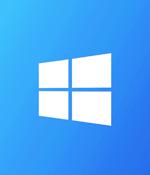
Microsoft has released Windows 10 KB5011487 and KB5011485 cumulative updates for versions 1909, 21H2, version 21H1, and version 20H2 to fix security vulnerabilities and resolve bugs. This update is not available for May 2020 Update if you use the consumer edition, but the same update will be offered on devices using enterprise or education SKUs.
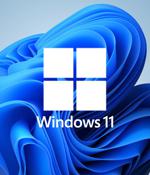
Microsoft has released the Windows 11 KB5011493 cumulative update with security updates, quality improvements, and a fix for OneDrive that was not deleting files. Windows 11 users can install today's update by going to Start > Settings > Windows Update and clicking on 'Check for Updates.

An Nvidia code-signing certificate was among the mountain of files stolen and leaked online by criminals who ransacked the GPU giant's internal systems. At least two binaries not developed by Nvidia, but signed this week with its stolen cert, making them appear to be Nvidia programs, have appeared in malware sample database VirusTotal.
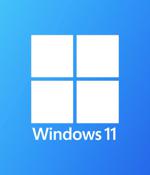
Microsoft reminded enterprise customers this week that App Assure engineers are ready to help resolve any app compatibility issues encountered after upgrading to Windows 11. The Chief Product Officer for Windows and Devices, Panos Panay, added that customers are switching to the latest Windows version at twice the rate of Windows 10 adoption, and Windows 11 has "The highest quality scores and product satisfaction" of any version ever shipped.

Microsoft shared info on a now-fixed known issue leading to Local Security Authority Subsystem Service crashes and Windows Server domain controller. As Microsoft explains in a new entry added to the Window Health dashboard, unexpected restarts are triggered on Windows Servers domain controllers after installing updates released during the January 2021 Patch Tuesday.